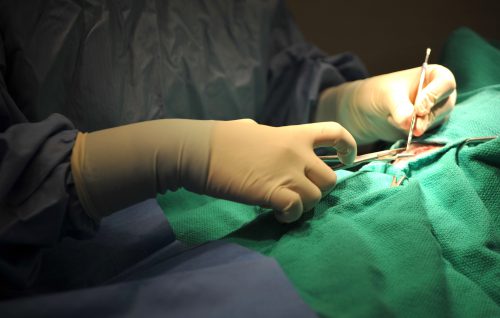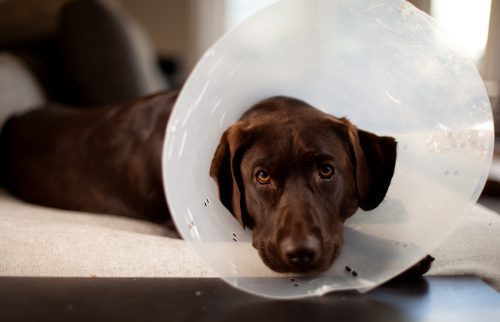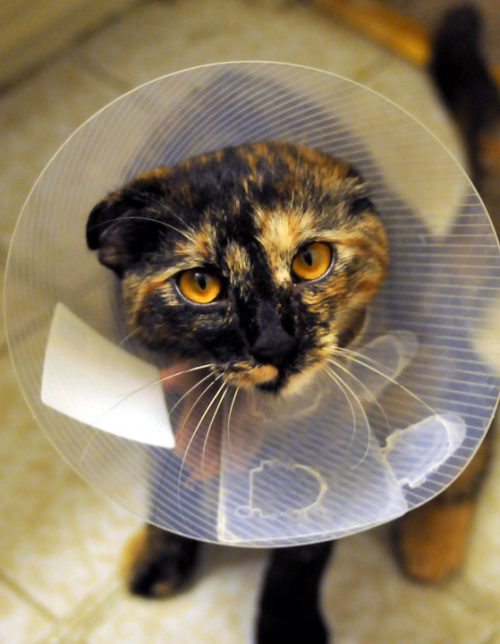SURGERY

Our surgical protocol includes calling you the night before surgery to remind you to take up food and water from your pet at least 12 hours before the procedure. We require pre-anesthetic bloodwork to assure that your pet is a candidate for anesthesia before proceeding with surgery. We will perform the surgery in our clinic while monitoring your pet with intravenous fluids, heart rate, SPO2, and blood pressure monitors. We allow your pet to recover within the clinic until we are assured recovery is uneventful and then we will move your pet back into your home to completely recover in the comfort of his/her own bed. We do ask that someone be home with your pet for at least 4 to 5 hours to make sure that there are no unforeseen complications.
We strive to provide nothing but the safest care to your pet during anesthesia so please note that if our pre-surgical guidelines are not followed, we will cancel or postpone the surgery to protect your pet from adverse complications.
There are some surgical procedures that do require overnight hospitalization. In these cases, we will transfer your pet to a veterinary hospital that we have partnered with to provide your pet with the best care while hospitalized. There are some procedures that are outside the ability of our facility and staff but we can provide great referrals to our clients to make sure that all their surgical needs are met.

We have a fully equipped operating suite within our mobile clinic where we can offer an array of surgical procedures including:
- Spays and neuters
- Tumor and mass removals
- Dewclaw removals
Amputations
- Thyroidectomy
- Ear hematoma
- Entropion
- Vulvoplasty
- 3rd eyelid replacement
- Biopsies
- Laceration, wound, abscess, and bite care
Abdominal surgeries including:
- Cystotomy
- Exploratory laparotomy
- Gastrotomy
- Enterotomy


